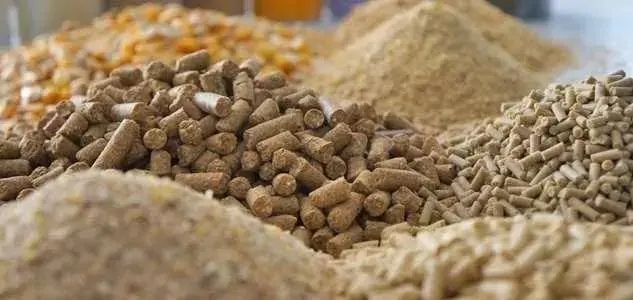The application of phospholipids in the field of feed additives
Time:2024-03-13
Phospholipids demonstrate tremendous potential in the field of feed additives, primarily owing to their diverse biological functions and physicochemical properties. As a feed additive, phospholipids significantly enhance the emulsion stability of feeds. During feed processing, phospholipids effectively disperse fat in water, forming a stable emulsion that inhibits fat loss, improves animal fat absorption rates, promotes animal growth, and enhances feed conversion rates, thereby reducing feed costs.
Phospholipids exhibit excellent lubricity, reducing feed losses and equipment wear during extrusion processes, consequently increasing pellet production yield and quality. This not only lowers energy consumption in feed production but also enhances feed manufacturing efficiency.
Furthermore, as lipid carriers, phospholipids protect sensitive components in feeds from environmental degradation, increasing feed stability and nutritional value. Simultaneously, phospholipids improve the buoyancy and settling performance of aquatic feeds, reducing feed wastage and water pollution.
In terms of nutritional supplementation, phospholipids are rich in fatty acids and nutrients such as phosphatidylcholine, providing essential nutrients for animal growth and development. The addition of phospholipids to feeds not only enhances the nutritional value but also improves the overall health of animals.
Phospholipids hold broad prospects and enormous potential in the field of feed additives. However, practical application requires the rational adjustment of phospholipid dosage and formulation based on factors such as animal species, growth stage, and rearing environment to fully leverage their advantages and improve the effectiveness and economic benefits of feeds. Additionally, attention should be given to the source and quality of phospholipids, ensuring compliance with relevant standards and regulations to guarantee the safety and reliability of feeds.


 CN
CN





